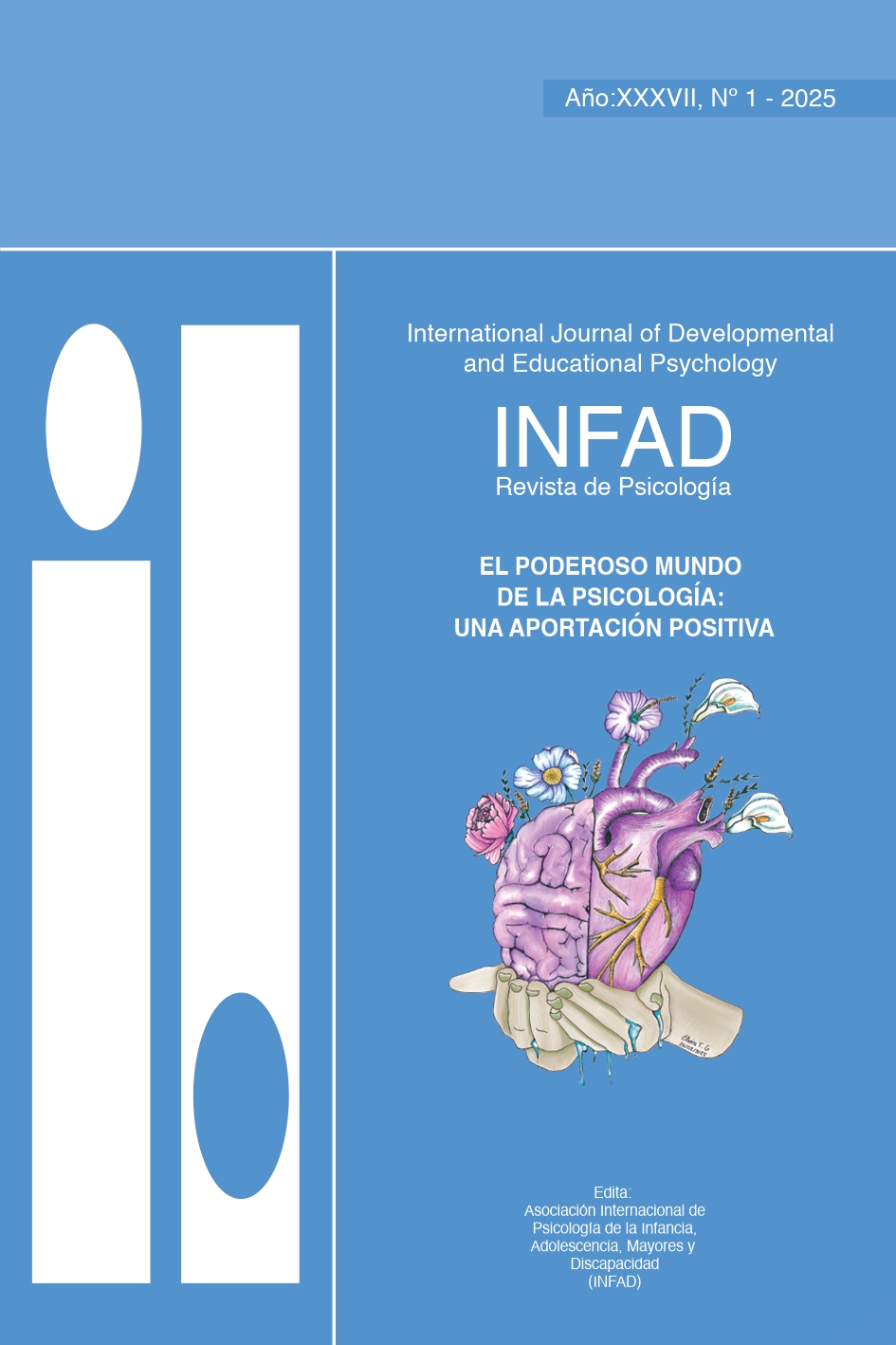Academic aging: the role of humor and resilience in university professors. A shield against ageism
Main Article Content
Abstract
This paper presents the results of a preliminary review of the state of the art for the doctoral research project entitled «The Sense of Humor and Its Relationship to Resilience in University Professors as They Reach Older Age,» which focuses on understanding how aging occurs within the academic environment. The exploration of the data indicates that aging within the educational context, as well as in the social sphere, is fraught with stereotypes and prejudices that foster ageist practices. Therefore, in this context, it is necessary to recognize the character strengths that allow us to cope with these situations. Among these, a sense of humor stands out because it not only acts as an individual coping mechanism but also as a bridge that connects teachers and students, thereby favoring pedagogical and communication strategies. Resilience is also approached as a psychological capacity beyond resistance to change, considering it in terms of the active adaptability of older teachers, sustained by experience and professional and personal identity. This paper proposes to open a dialogue about the aging stage in teachers, highlighting the challenges as well as the opportunities that aging brings within the academy. It emphasizes a sense of humor and resilience as key factors for achieving active aging and well-being, especially in the face of ageism.
Article Details
Section

This work is licensed under a Creative Commons Attribution-NonCommercial-NoDerivatives 4.0 International License.
Attribution — You must give appropriate credit, provide a link to the license, and indicate if changes were made. You may do so in any reasonable manner, but not in any way that suggests the licensor endorses you or your use.
NonCommercial — You may not use the material for commercial purposes.
NoDerivatives — If you remix, transform, or build upon the material, you may not distribute the modified material.

This work is licensed under a Creative Commons Attribution-NonCommercial-NoDerivatives 4.0 International License
How to Cite
References
Butler, R. (1969). Edadismo: Otra forma de intolerancia. The Gerontologist , 9 , 243-246.
Rowe, J., & Khan, R. (1997). Successful aging. The Gerontologist , 37(4), 433-440.
OECD (2023), Education at a Glance 2023: OECD Indicators, OECD Publishing. Paris. https://doi.org/10.1787/e13bef63-en.
Han Byung-Chul (2024). La sociedad del cansancio: Cuarta Edición Especial. Herder Editorial.
Heidegger M. (2003). Ser y tiempo. (J. E. Rivera, trad). . Obra original escrita en 1927.)
Belykh, A. (2018). Resiliencia e inteligencia emocional: Conceptos complementarios para empoderar al estudiante. Revista Latinoamericana de Estudios Educativos , 48(1), 255–282.
Beltman, S., Mansfield, C., & Price, A. (2011). Thriving not just surviving: A review of research on teacher resilience. Educational Research Review , 6(3), 185–207. https://doi.org/10.1016/j.edurev.2011.09.001
Fletcher, D., & Sarkar, M. (2013). Psychological resilience: A review and critique of definitions, concepts, and theory. European Psychologist , 18(1), 12–23. https://doi.org/10.1027/1016-9040/a000124
Uriarte, J. de D. (2005). La resiliencia. Una nueva perspectiva en psicopatología del desarrollo. Revista de Psicología Clínica , 10, 61–79.
Seligman, M. E. P., Park, N., & Peterson, C. (2004). The Values In Action (VIA) classification of character strengths. Ricerche di Psicologia, 27(1), 63–78.
Ruch, W., Proyer, R., & Weber, M. (2009). Humor as a character strength among the elderly. Zeitschrift für Gerontologie und Geriatrie, 43 (1), 13–18. https://doi.org/10.1007/s00391-009-0090-0
Neighbors’ Consejo. (2022, agosto 09). El humor: Un mecanismo psíquico para afrontar de manera eficaz la adversidad y las situaciones negativas de la vida . Neighbors’ Consejo. https://neighborsc.org/el-humor-un-mecanismo-psiquico/?lang=es
Freud, S. (1927). El humor. En J. Strachey. (Ed.), Obras de Sigmund Freud (pp. 153-163). Amorrortu.
Martin, R. (2003). Sense of humor. In S. J. Lopez & C. R. Snyder (Eds.), Positive psychological assessment: A handbook of models and measures (pp. 313–326). American Psychological Association. https://doi.org/10.1037/10612-020

